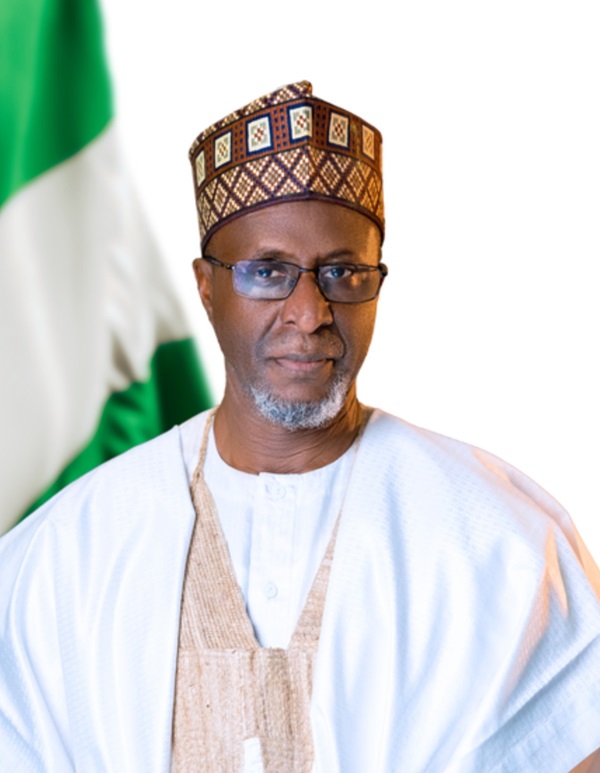
The Minister of Environment, Mallam Balarabe Lawal has stated that the principle of the circular economy is transforming Nigeria’s economic landscape and delivering significant results.
Speaking as a panelist at the session “Empowering Interregional Partnerships for Circular Economy Transition: Towards a Climate-Resilient and Sustainable Future” during COP 29 in Baku, Azerbaijan, the minister, represented by NESREA’s director-general, Dr. Innocent Barikor highlighted the achievements of circular economy initiatives in Nigeria.
“Circular economy solutions have transformed Nigeria’s construction and industrial sectors,” he said. “Recycled materials are now integrated into products and projects, while industrial by-products are repurposed as valuable inputs. Waste-to-energy solutions further enhance resource efficiency and reduce carbon footprints.”
The circular economy, implemented in Nigeria through the Extended Producer Responsibility (EPR) Programme, has created jobs, driven innovation and unlocked sustainable development opportunities. The minister noted that efforts are underway to strengthen regulatory frameworks, scale up infrastructure, and enhance stakeholder engagement to address challenges such as non-compliance, limited recycling infrastructure and inadequate enforcement capacity. In a statement issued by NESREA’s assistant director of press, Amaka Ejiofor, the minister underscored the importance of interregional partnerships in Nigeria’s progress. “As a co-founder of the African Circular Economy Alliance (ACEA), Nigeria collaborates with regional and global platforms such as the Global Plastic Action Partnership (GPAP). These partnerships facilitate knowledge exchange, technology investment and capacity-building, enabling Nigeria to scale solutions tailored to its specific needs,” the statement said.


